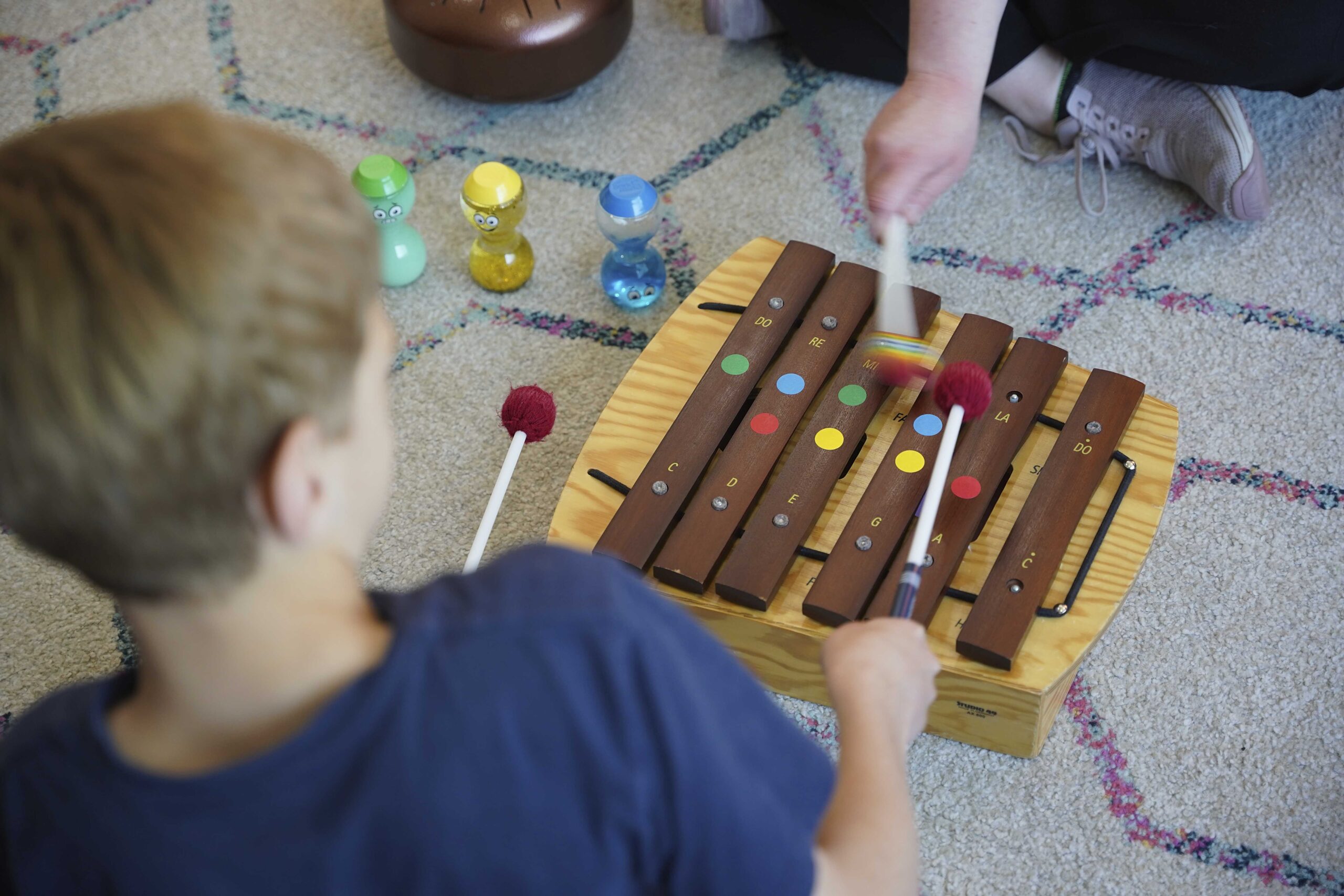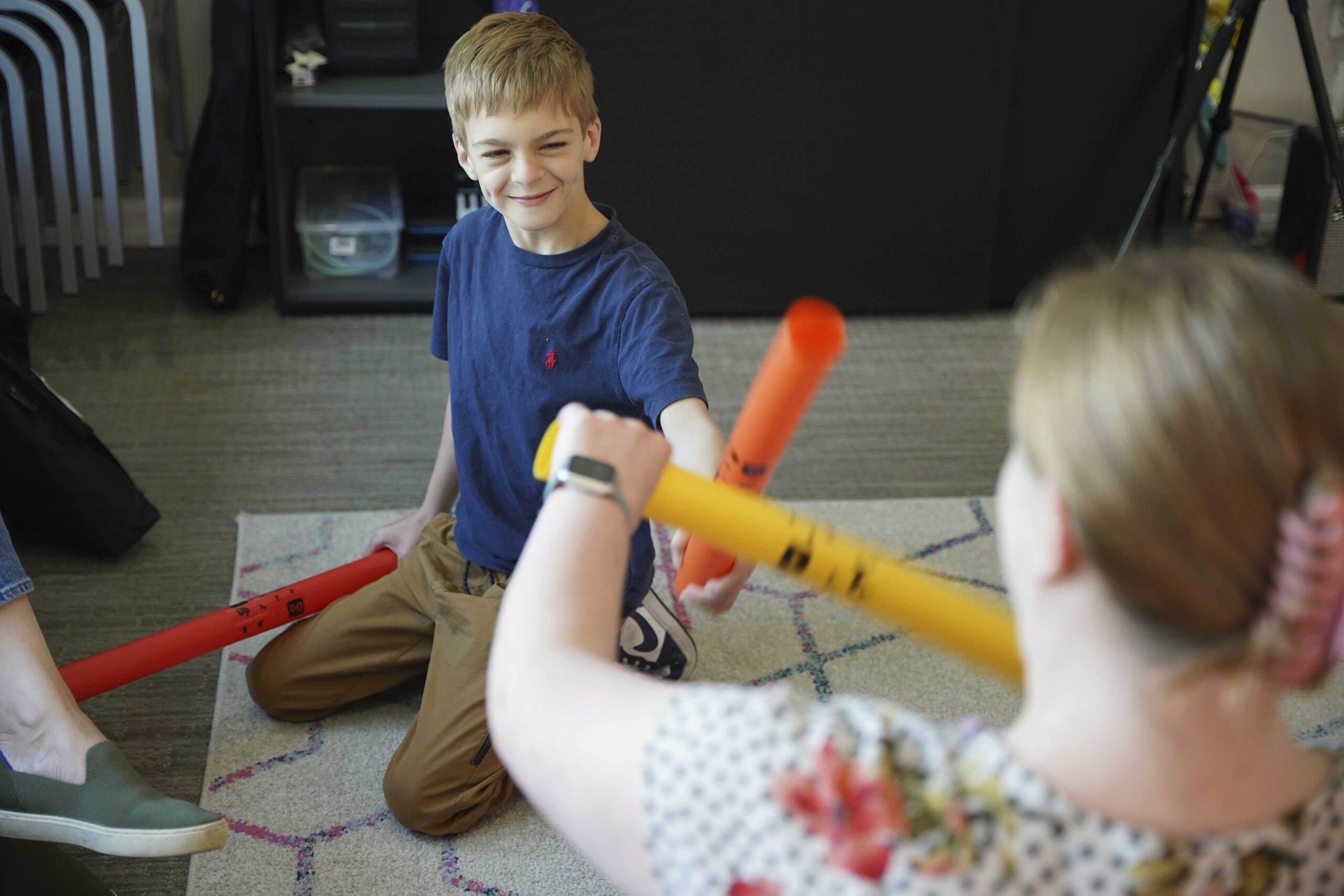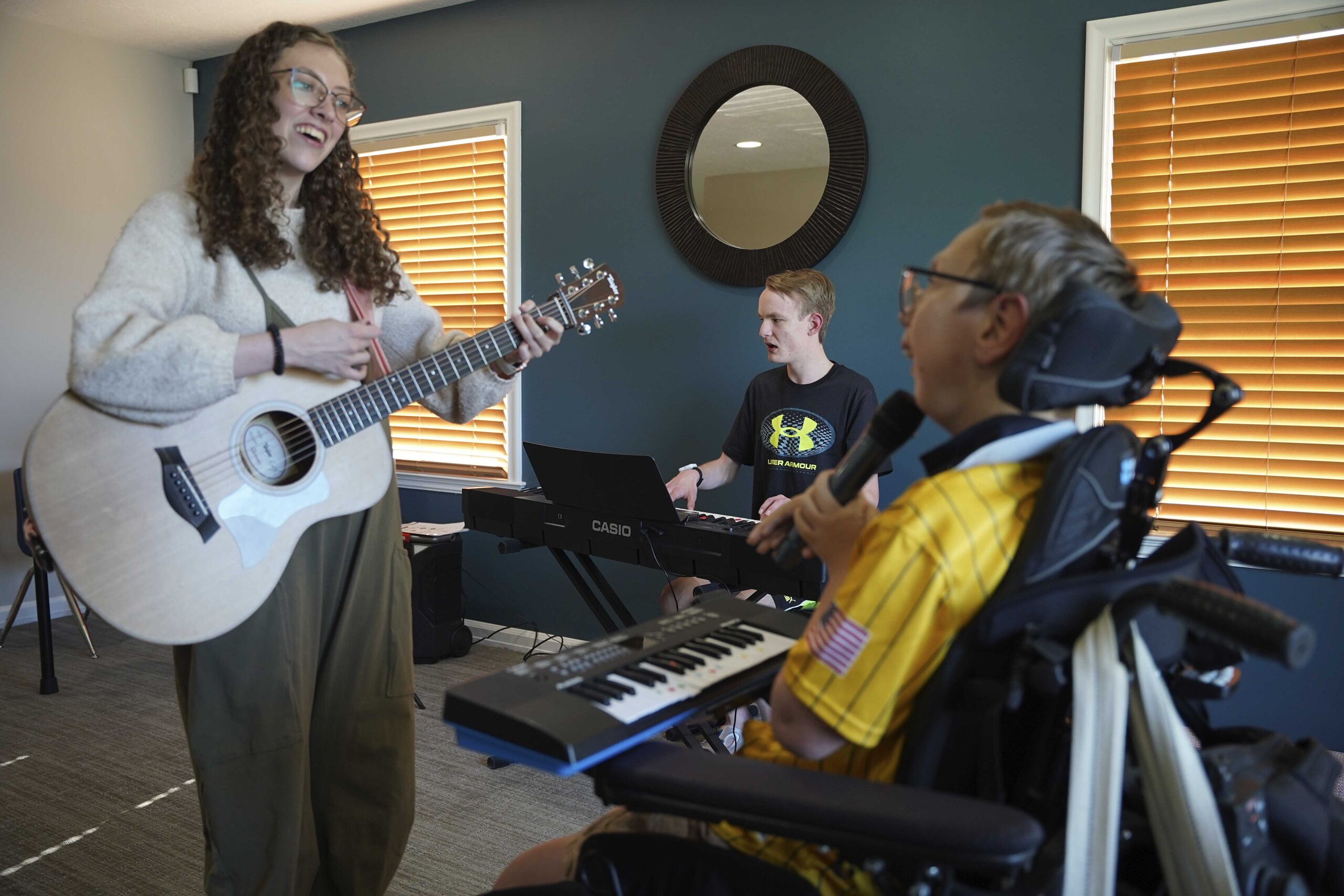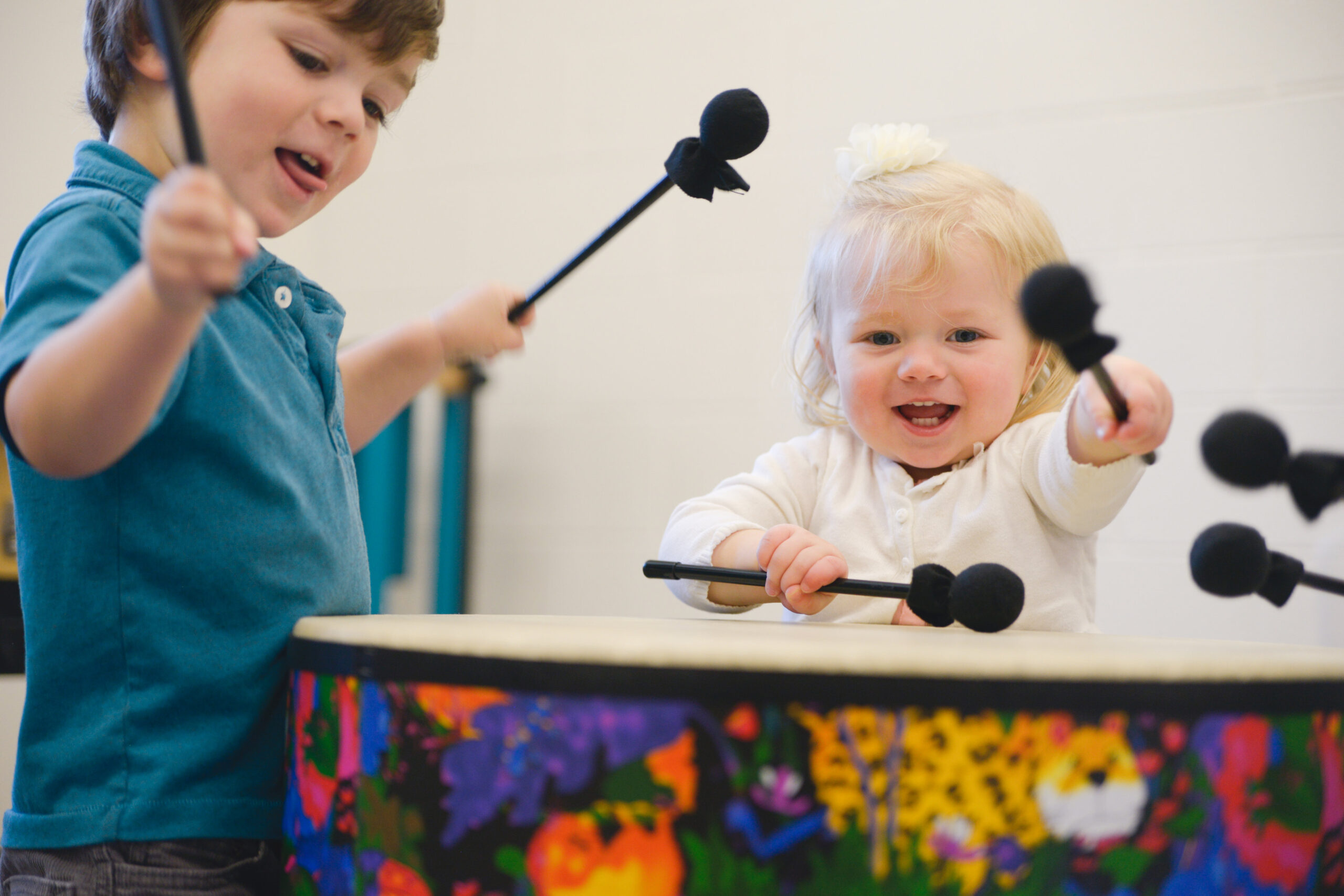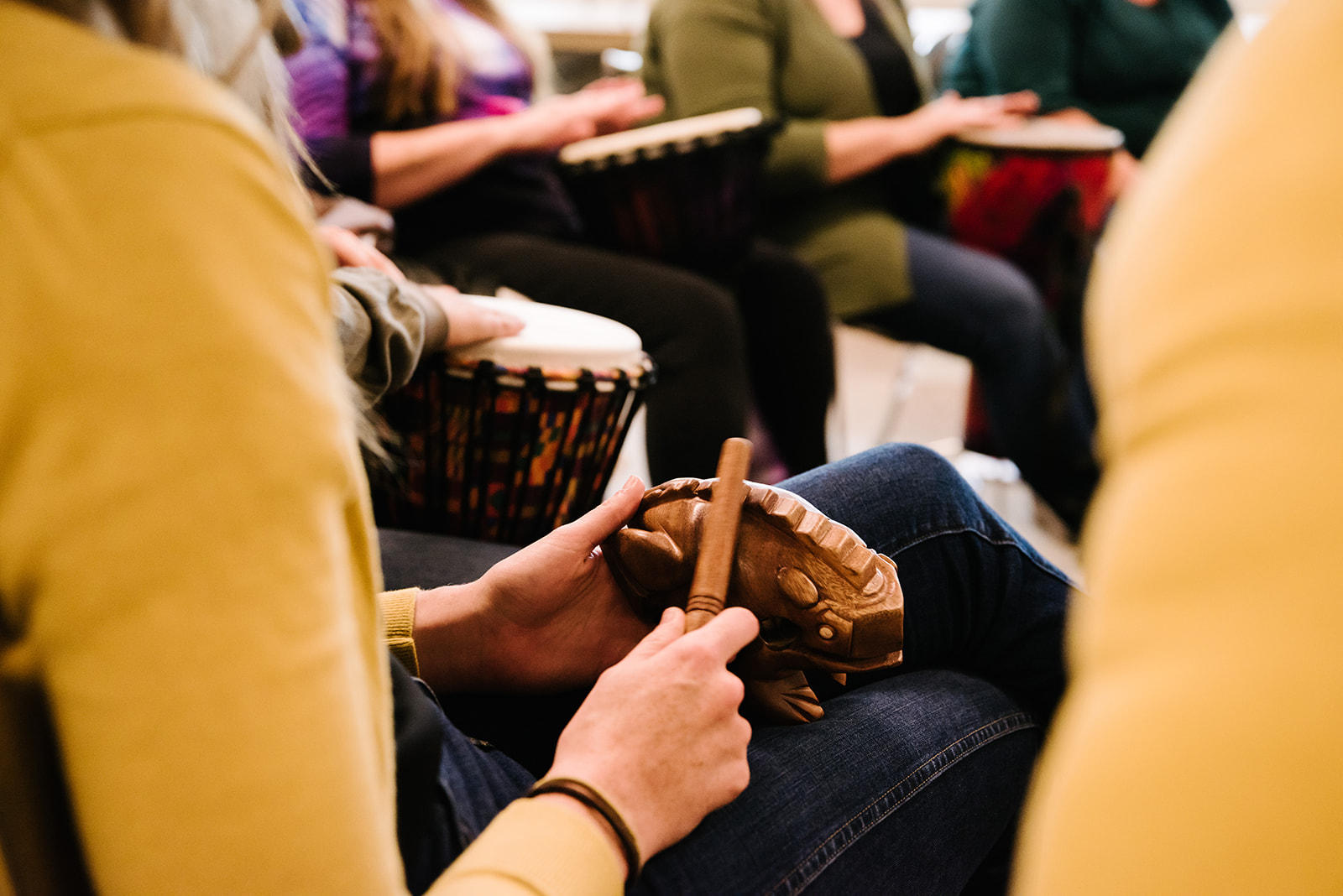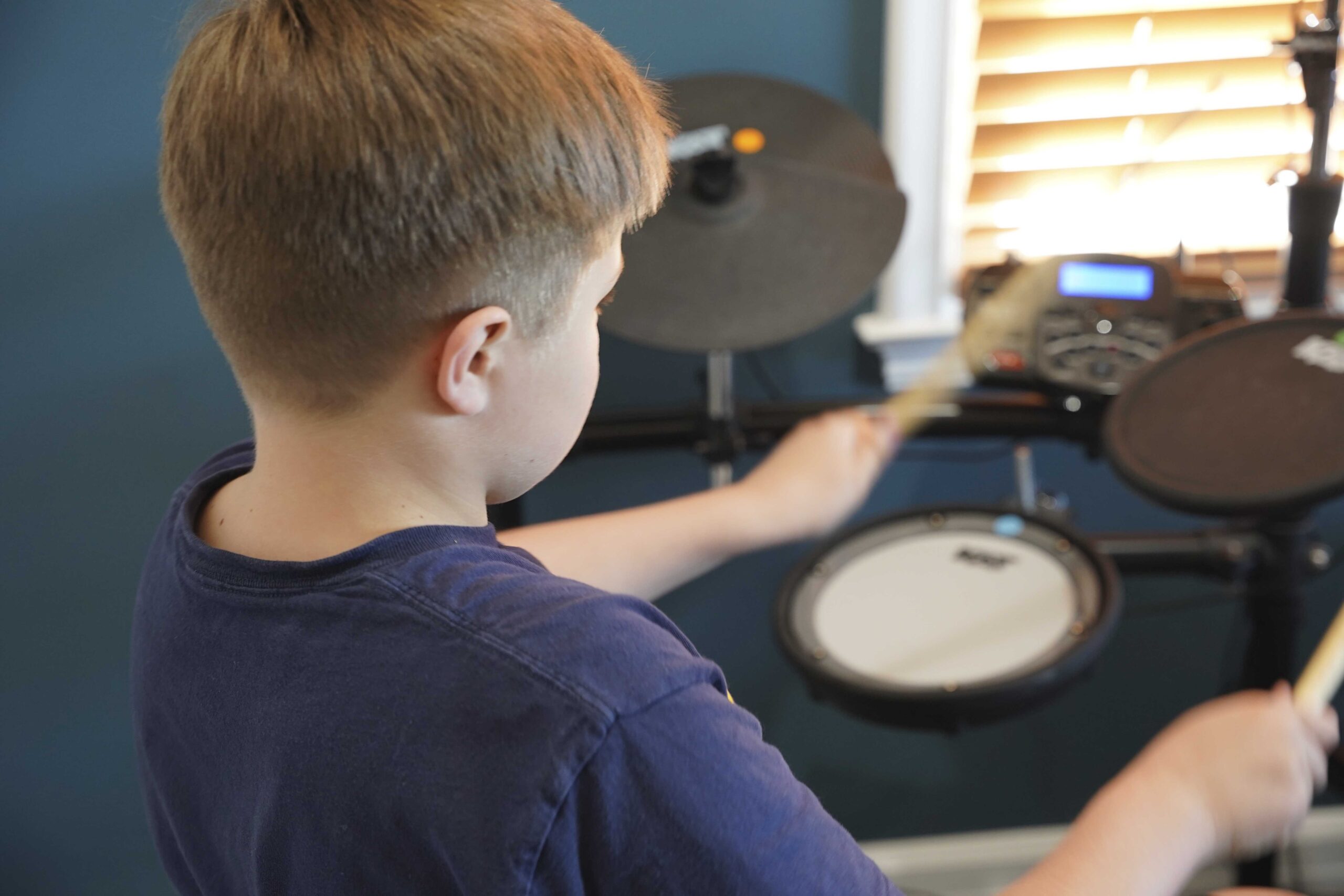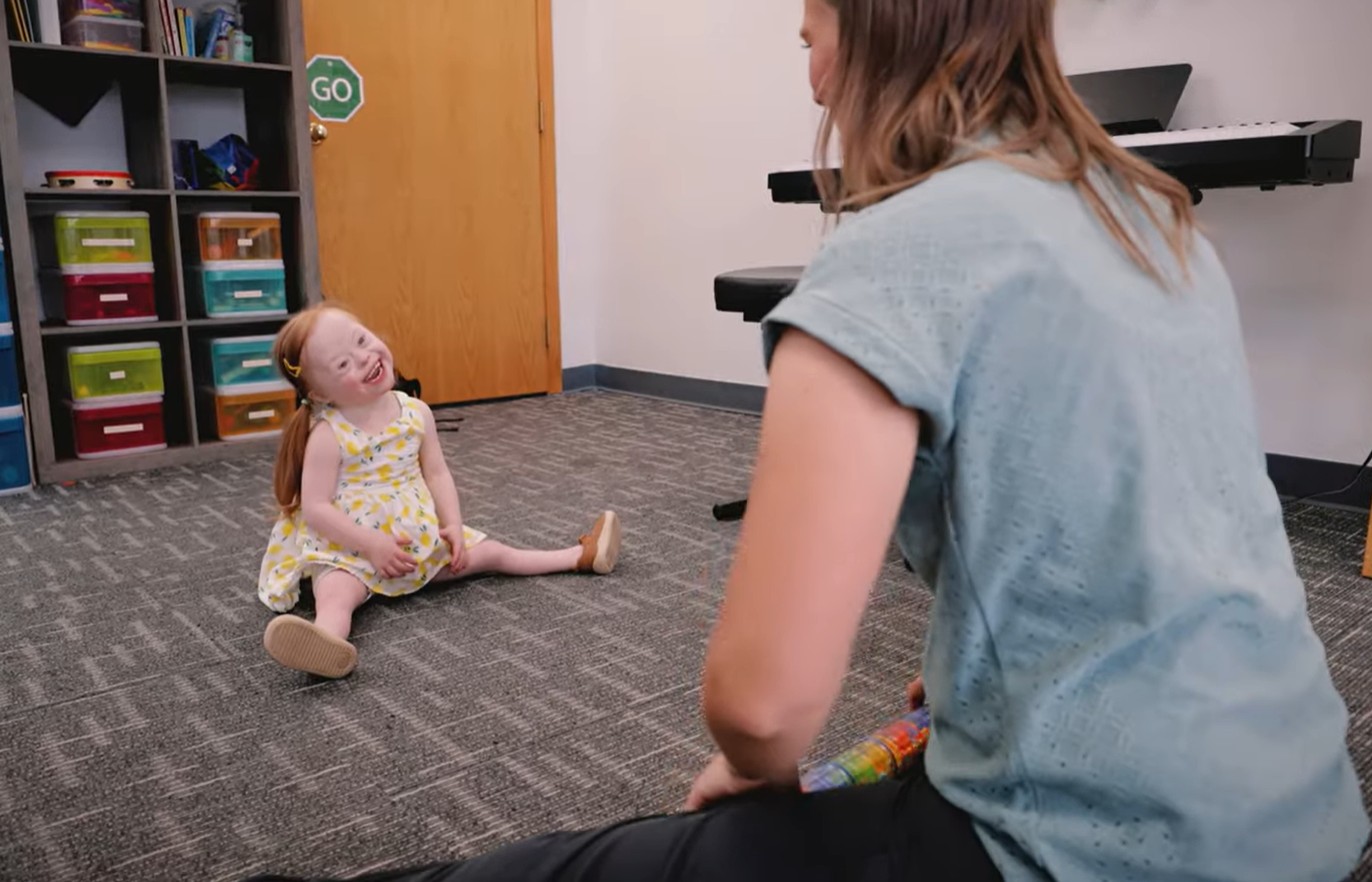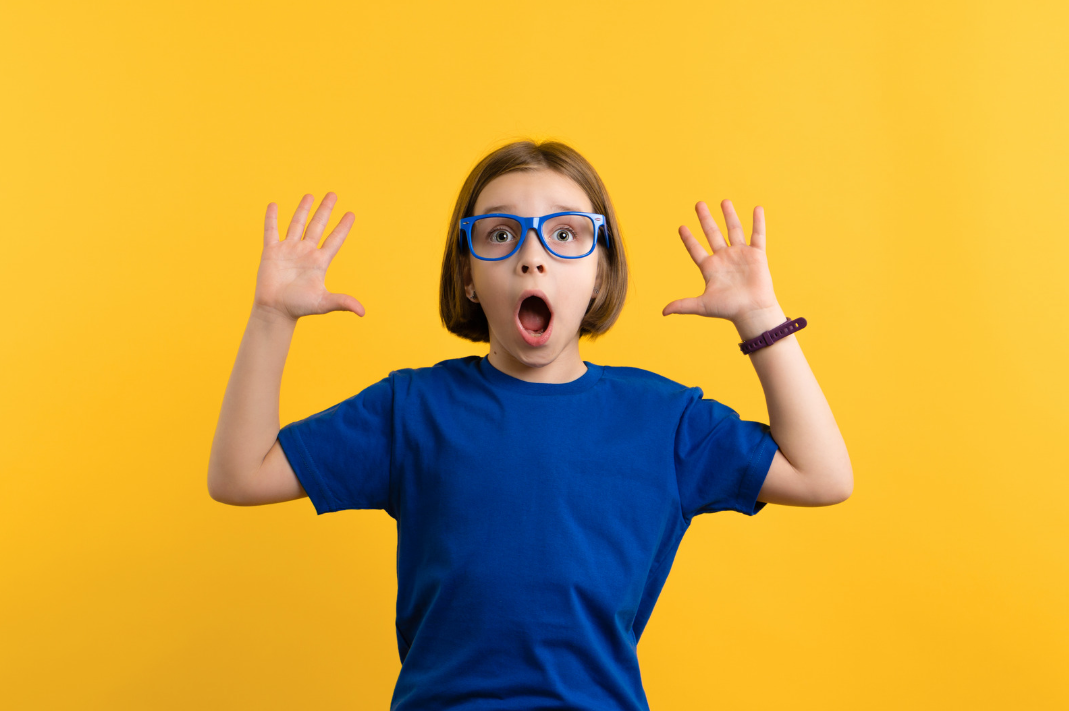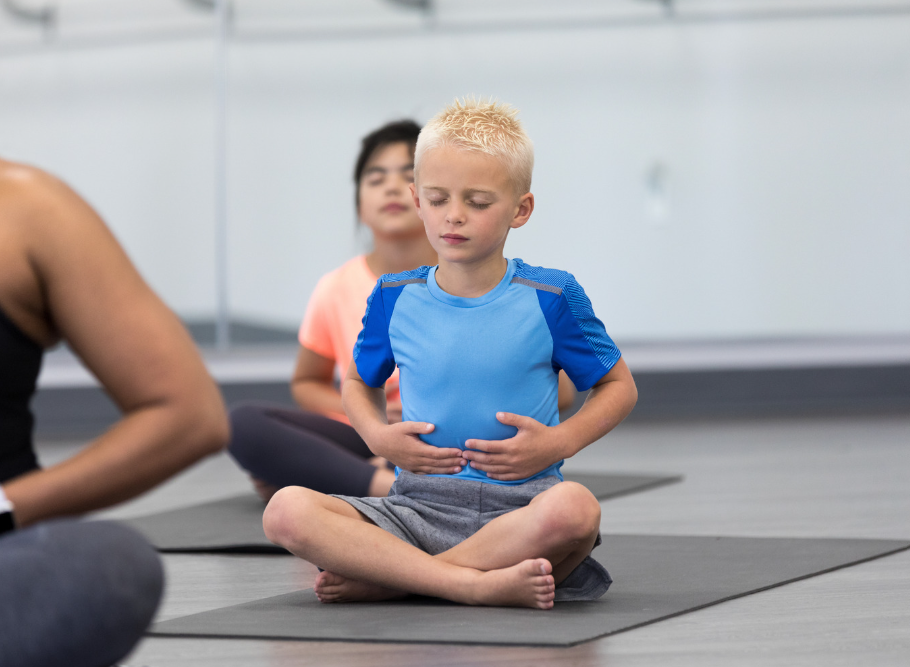Is Music Therapy a Real Thing? A Letter to the Doubting Therapist
weEvery now and then, a familiar doubt creeps in and you ask yourself: Is music therapy a real thing? Maybe it’s after a conversation with a skeptical professional.>Maybe it’s when you’re writing a treatment plan that doesn’t quite fit into a checkbox.>Maybe it’s when funding falls through—again. And the thought rises: Is what I’m doing..

